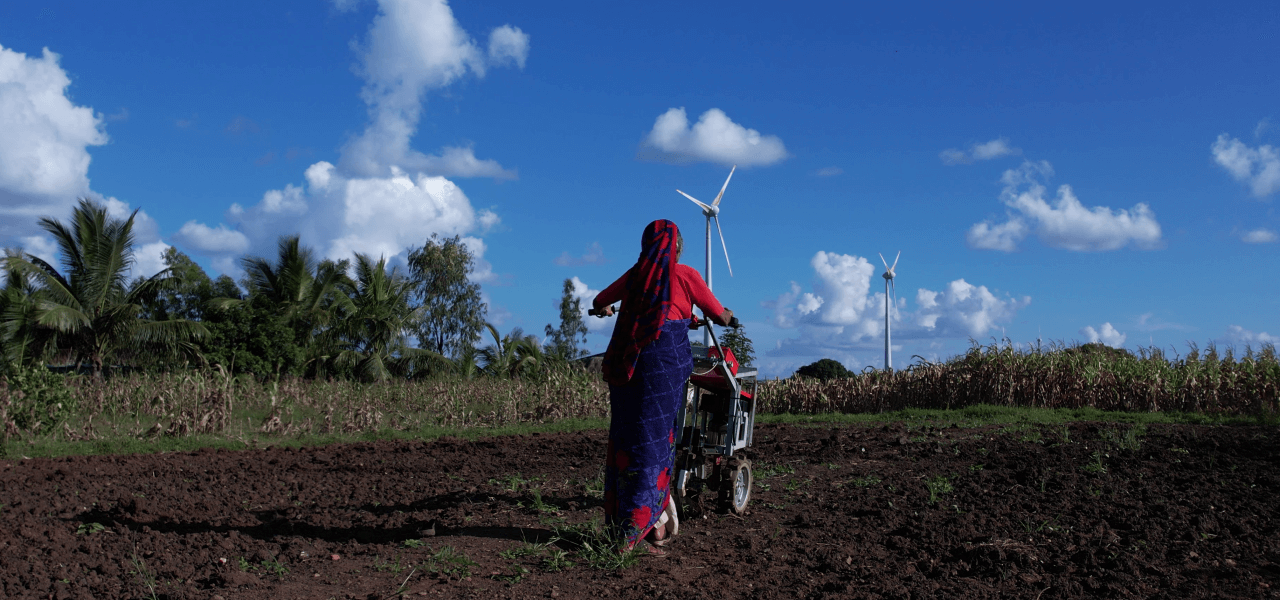Sustainable Food, Land and Water in India

Restoring Landscapes in India for Climate and Communities
Restoring landscapes can bring economic, environmental and social prosperity to people and the planet. In the Sidhi District of Madhya Pradesh in India, the opportunity is massive. By adapting the popular Restoration Opportunities Assessment Methodology (ROAM) to measure ecosystem services, livelihood benefits, land tenure, gender and social inclusion, and by mapping the social landscape, we uncovered that diverse potential.
This paper discusses a roadmap for growing more trees outside forests across India. It analyzes the main public policies that incentivize landholders to embrace agroforestry and other approaches to growing trees on farmland, in urban areas and across other landscapes. It ends with concrete recommendations for policymakers to improve the implementation of these policies.
Food Loss and Waste in India: The Knowns and The Unknowns
The estimated economic value of post-harvest losses in India was INR 926.51 billion (USD 15.19 billion) in 2014. While this is an underestimation of overall food loss and waste in India, India ranks 94th out of 107 countries on the 2020 Global Hunger Index. Any amount of food loss and waste is a wasted opportunity to increase food availability, improve income, ease pressure on land and water resources, and reduce GHGs. The paper highlights significant gaps in research, policy and practice that need to be addressed systematically to manage food loss and waste in India.
With increasing urbanization, urban areas lose a host of natural infrastructure and ecosystem services as ecosystems are modified, degraded and/or shrunk. Benefits such as flood control, aquifer replenishment, microclimate control and improved air quality are diminished. In this study, WRI India traced the changes to the built footprint (built-up area) in India and impacts on blue cover (surface water), green cover changes (vegetation) and the groundwater recharge potential. We analyzed satellite imagery in 10 highly populated cities to study the core (0-20 km) and peripheral (20-50 km) regions and the changes between 2000 and 2015.
Reducing Food Loss and Waste: Enabling Action Through the Target-Measure-Act Approach
Annually, over 40% of food meant for human consumption is lost or wasted globally. Addressing this issue is crucial for mitigating climate change. The Target-Measure-Act approach is gaining traction among governments, businesses and organizations as an effective strategy. This brief advises G20 governments and businesses to adopt this approach, emphasizing explicit targets for food loss and waste reduction, measuring through public-private partnerships, and encouraging action with targeted incentives, policies and investments in research and capacities.
Co-creating Pathways to Reduce Food Losses in the Tomato Supply Chain in Madhya Pradesh
India faces significant post-harvest losses, estimated at INR 926.51 billion in 2014. To address this, WRI India, in collaboration with the Centre for Agriculture and Rural Development (CARD), organized a stakeholder consultation in Bhopal, Madhya Pradesh. The session, attended by 42 diverse participants including supply- chain stakeholders, discussed actionable interventions to reduce losses. Participants encompassed key supply chain actors (farmers, wholesalers, traders, transporters, processors), relevant NGOs and post-harvest management experts, including government officials. These proceedings provide a summary of the key takeaways from the consultation.

